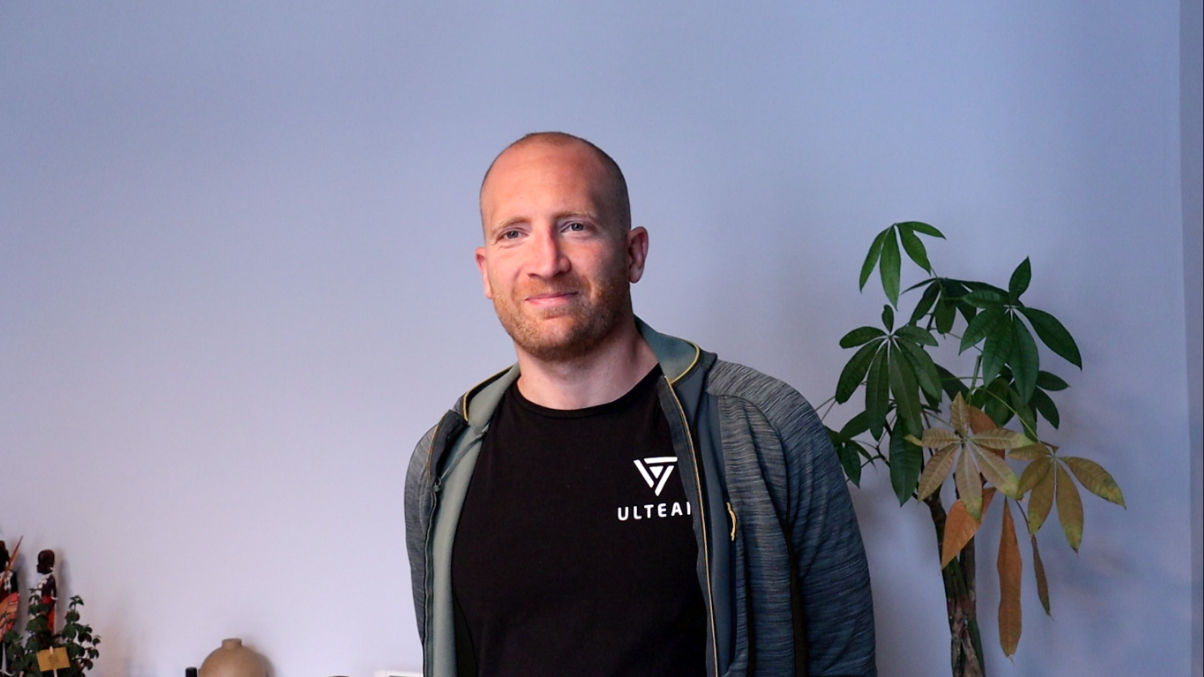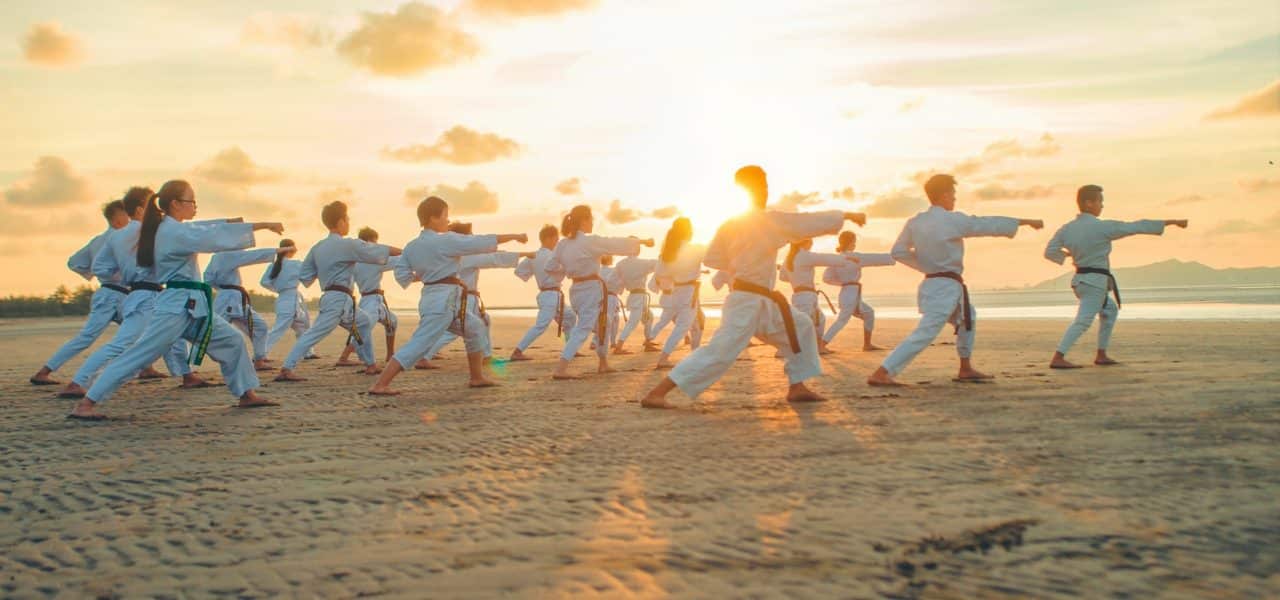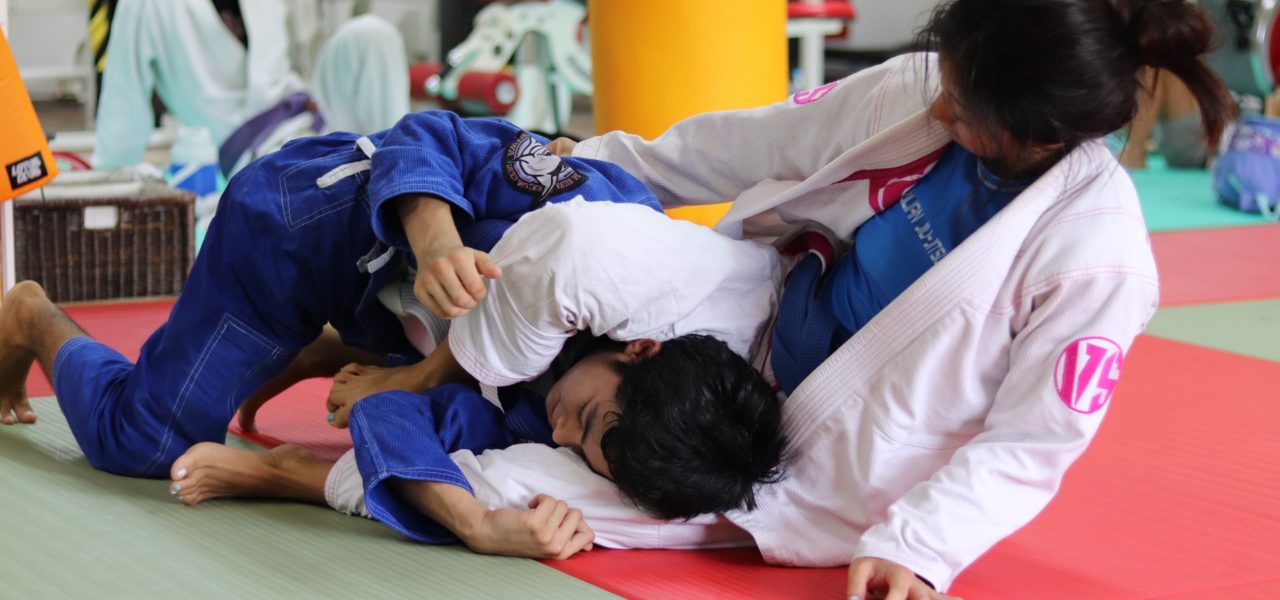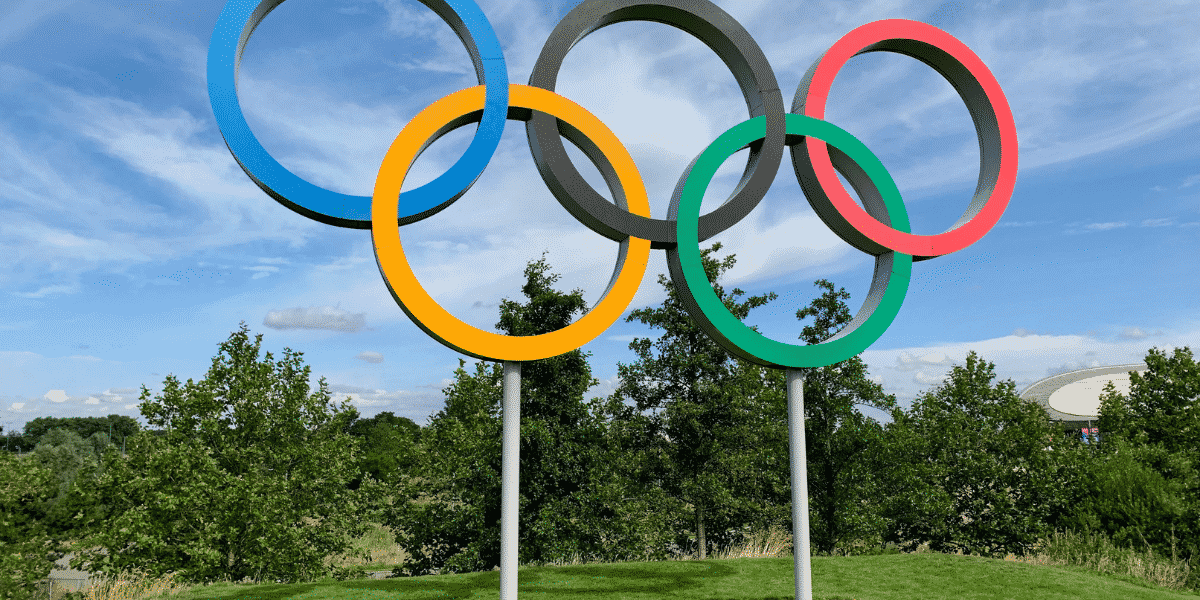Your cart is currently empty!
Pierre Parmentier: from fighter to fitness trainer
Pierre Parmentier welcomed us to his home to discuss our shared passion: combat sports. Here’s a look at his unusual career path and why he chose Daisho!
Hello Pierre! Thank you for agreeing to answer our questions. Could you tell our readers a little about yourself and your background?
Pierre Parmentier! I’m 35 years old and I started martial arts at the age of 13 with traditional Jiu Jitsu, which I practiced in competition. I won a European Cup in the “Juniors” category. After that, I went to university to study physical education. I’m now more into Sambo and MMA. I also practiced Brazilian Jiu Jitsu. In fact, I’ve trained twice in Brazil and once in Russia. So I’ve done a lot of travelling in terms of different martial arts and combat sports.
After that, I focused more on physical preparation.
You’ve been a martial arts enthusiast since you were very young… What drew you to this fascinating world?
I’ve always been attracted to martial arts and combat sports, but also to strength work and confrontation. I turned to Jiu Jitsu after an initiation in high school, and then a club opened near my home.
As a result, the disciplines in which I feel most at home are those that combine foot-punching, wrestling and ground work. In the end, it’s the closest thing to reality! In terms of transitions, it’s really in those phases where, I’m not going to say I excel, but I’ve always been pretty good, unlike other people who may have a dominant part like wrestling or foot-punching. Personally, it’s always been those famous transitions between the different phases: striking-wrestling, wrestling-striking, wrestling-ground…
What do combat sports bring to your daily life?
Confidence, but it also helps us to put things into perspective, to realize that there’s always someone stronger than us. We can learn from everyone. Anyone who wants to show they know, rather than share, will soon be caught out at some point. So we must remain humble. In any case, mistakes pay off against anyone.
Confrontation and competition are also values that help us to progress. In our family, we’re the handsomest, the strongest, the smartest. Once you get into competition, you realize that it’s ultimately like the school of life, where you learn to win, to lose, to question yourself and to move forward. I think this is extremely important in sport in general, but even more so in combat sports and martial arts.
Even if it’s not a generality, some sports seem to have lost their basic essence and I think that overall, with a few exceptions, martial arts and combat sports have kept their original values relatively well.
Let’s take a look back at your competitive career… What’s your fondest memory?
I have a lot of beautiful memories… In competition, I won the European Youth Cup when I was 18. It was really the culmination of 3 years of hard work, when that was really all I had in mind.
What’s next? Mmh… Maybe I’ll talk about my last MMA fight!
I’d stopped competing for a while. I needed a new challenge. So I gave it 200%! Everything I had learned in physical preparation helped me enormously. I was also able to learn a lot about myself. It hasn’t always been easy, but I’ve had a lot of support around me, especially from my family and friends who live abroad and were watching live on TV. My father wasn’t necessarily happy that I was going back into the cage, but he did accompany me that day. Today, he’s no longer with us, so I’m glad he was there for my last fight.
Today, you’re a fitness trainer and sports instructor… A multi-faceted profile! How do your different experiences influence each other?
It’s clear that my background as a fighter has had a huge influence on the way I train and prepare my athletes.
I know what it’s like to be tired to the point of feeling bad. I know what it’s like to go through different emotional stages in preparation for an event. I know what it’s like to recover for the big day. I know what it’s like to feel the pressure as you enter the arena. And I think it’s really important for a fitness trainer to have experienced sport, sweat, fear, doubt and also to know what it’s like to train, sweat, lose and win.
Combat sports really bring a wealth of motor skills to my job as a physical trainer. I make great use of opposition games and wrestling to work on cardio and mental fitness. I insist on support, movement and reflexes…
There isn’t just one fitness trainer’s hat, there are lots of different ways of doing the job. I don’t practice the same way as others, and my martial background has a huge impact on the way I work.
What advice do you have for athletes wishing to progress?
There’s a lot of advice out there! The first is that when you train, you have to be at 200%! You can relax and chat between exercises, but you have to be 200% focused the rest of the time. If you’re not focused enough, you can hurt yourself. In fact, this is sometimes what I criticize in other disciplines, especially when I have people who need weight training or athletics… They’re there, but they’re not always there. It’s not a general rule, but it happens.
It’s something important that I try to pass on too.
What’s the secret to staying in Olympic shape? Are there certain types of exercise and movements that you practice often?
In my fighting days, I really had performance in mind. Today, my vision as an athlete is, of course, to be able to perform, but also to be able to live in good conditions for a very long time without being broken.
Sport is for everyone, and it’s important to feel good and take part in regular physical activity, even if our goal isn’t to become a top-level athlete. There’s no point in training five times a week for three months and then going three months without training. It’s better to have a lower but regular training frequency.
I generally recommend 3 types of training:
- 1 short jogging workout (walking, cycling, swimming, etc.)
- 1 intelligent muscle-strengthening session with postural gainage. Forget crunches and sit-ups, which do more harm than good!
- When it comes to stretching, there are several schools of thought. But overall, keep your range of movement. Stretch muscle chains so that you can also maintain this postural work and avoid muscular tension.
What Daisho-related products/services do you appreciate and why?
Paradoxically, I have a bit of trouble with online sales because I need an intermediary. Vincent gave me that human touch. We’re not a customer number on the Internet, on a file […] we really have a contact who acts as an intermediary between us and the various suppliers he works with. It’s a bit like an insurance broker. He’s here to defend his client! Vincent is there to advise us, to guide us and to provide us with quality service.
Today, we have more and more offers to buy with less and less service… We’ve all heard of long answering machines, where you always end up with someone different explaining completely different things to you when you have a problem or a question.
On the contrary, what I like about Vincent is his service and his availability when you need something.
Thanks again to Pierre for his warm welcome and professionalism! Would you like to take up Jiu Jitsu or MMA?







